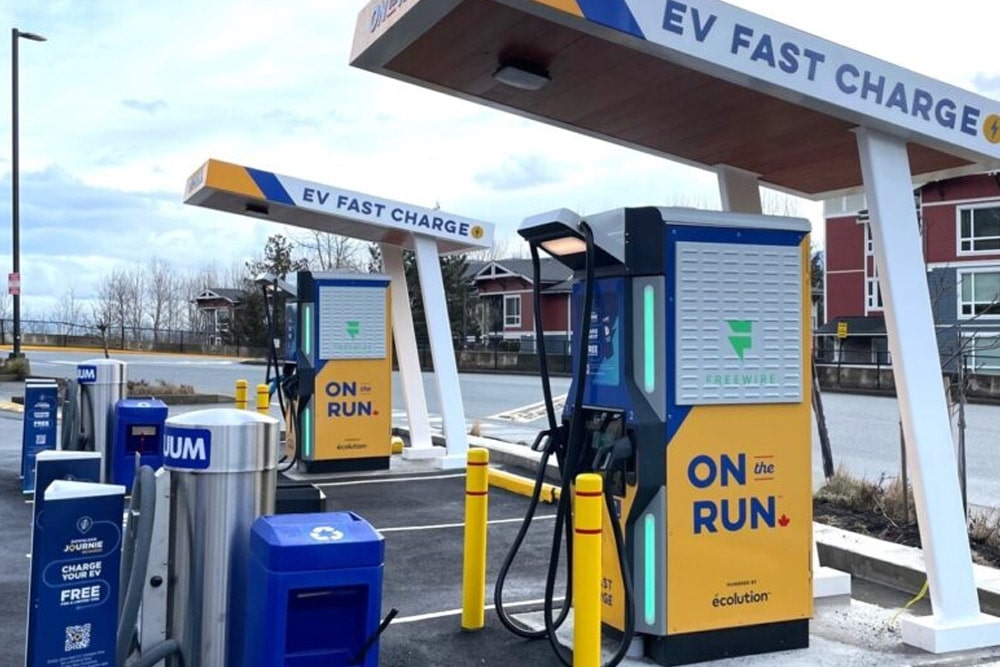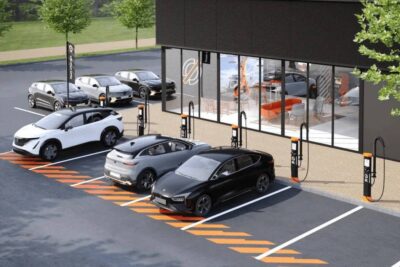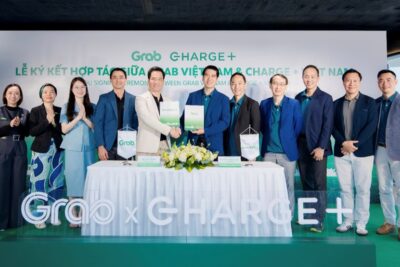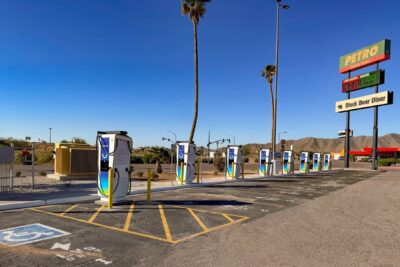Parkland secures over $200 million from the CIB in Canada
These charging stations will be installed at 400 sites and almost precisely mirror an earlier agreement with another network. Indeed, the new deal with Parkland, which is worth about 153 million US dollars, is only CIB’s second investment under its Charging and Hydrogen Refuelling Infrastructure (CHRI) initiative.
While not mentioned today, the first deal is likely from April 2023. It is between FLO and the CIB who expect the network to build more than 2,000 new fast charging points at around 400 locations by 2027, however, with CAD220 million.
This was supported today by the CIB, stating its investments in charging infrastructure to date will enable the installation of approximately 4,000 public fast charging ports across Canada. Hence, the deal with Parkland is half of the current level of expansion.
Both deals also mean that the CIB’s budget is nearly fully utilised, as stated by CEO Ehren Cory. He said, “Since the launch of our Charging and Hydrogen Refuelling Infrastructure initiative, we moved quickly to collaborate with the private sector and are nearing our initial investment target of $500M.”
For Parkland, the CIB will fund up to eighty per cent of the capital deployed to install the chargers over four years. Parkland has created a specific project finance entity for this CIB financing, which is non-recourse to Parkland.
The CIB is a federal Crown Corporation of Canada and essentially the government’s “impact investor” charged with making public funding go further. This includes infrastructure projects, and in today’s news, the CIB said its investment was designed to mitigate risks such as uncertainty in the rate and pace of EV adoption and charger utilisation.
Parkland’s existing EV charging network is primarily located in British Columbia, which the company says has the highest proportion of EV drivers in North America.
“Strong customer utilisation has validated our strategy to build scale in markets with tangible demand and has confirmed our belief that a high-quality customer experience matters,” said Darren Smart, SVP Energy Transition and Corporate Development of Parkland. He complimented the CIB on its financing model, which helped incentivise and de-risk investments in EV charging. “We will be strategic in deploying this financing to expand our charging network while also exploring additional third-party capital opportunities to fund our own and potential third-party sites,” said Smart.
No mention was made of locations or the type of chargers. In 2022, however, Parkland announced building a network from Vancouver Island to Calgary with sites “strategically located on major highways and in key cities and towns”. The ports are branded ‘ON the RUN’ and deliver up to 150 kW charging power. In an update today, the company added that it now has 37 locations operational and is on track to have 50 charging locations in operation by early 2024.
Canada targets adding 50,000 chargers to the national network ahead of all new passenger vehicles sold in Canada to be zero-emission by 2035.





0 Comments